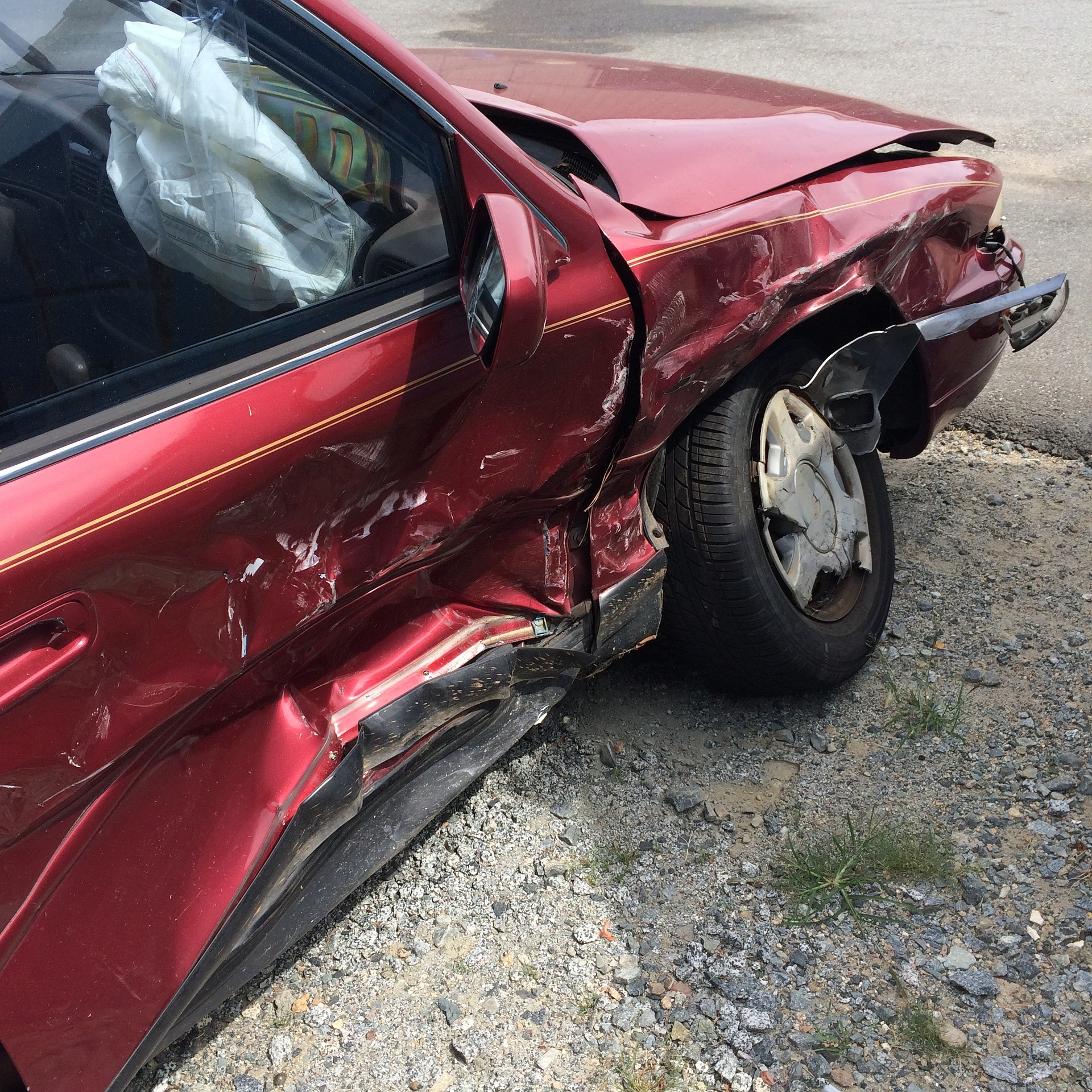Here we go. A careless driver hit your vehicle in the grocery store parking lot. Being the kind individual you are you allowed the driver at fault to make payments to you, that way they avoid any insurance issues and likewise your insurance rates don’t increase. A couple of months later the careless driver has stopped paying you as they promised and now you want to file a claim with your insurance company against the faulty driver. Is this allowed? Have you taken to long to file a claim? Yes. To file a claim for personal injuries you have file it within two years. For property damage to your vehicle it’s within three years. These time periods are known as the statute of limitations (SOL). This does not mean you have to resolve your claim by this time, but you have to at least file a claim with the court.
When Does the The Time Start To Run?
Your clock starts to run on the day of the accident and up until an exact future date. Remember,each state has its own SOL’s. Your personal injury claim and property claim will have different limits. It is important to record these dates and have them available during settlement negotiations. If you were injured by a government employee you will have a different procedure for filing a claim.
Timely File.
You must file a lawsuit to halt the statute of limitations clock. When this is done, time to resolve your claim is automatically extended. This is often known as tolling the statute of limitations. Both personal injury and property claims must be filed jointly.
I Ran Out of Time, Now What?
Late File = A rejection of your claims. Even one day late and your claims will be tossed out. There are some exceptions, but do not bank on a court helping you out though.
Protecting Your Ability to Go to Court
You’re a nice person. The person who damaged your car seems like a nice person too. However, you should still file a suit, and you should do it before the statute of limitations run. Speak with an experienced attorney to assist you in filing the claim and protecting your ability to go to court.






